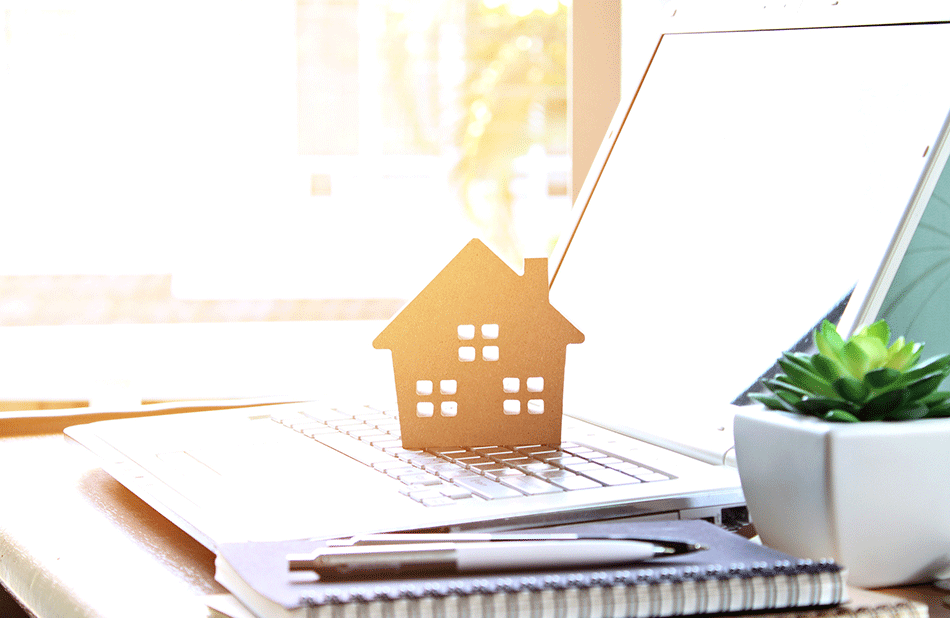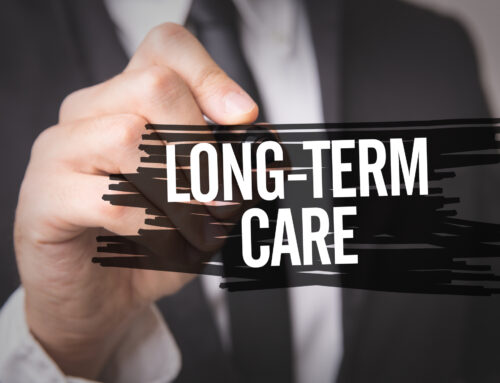
A home is one of the most significant purchases you’ve made in your lifetime, so you should take your time when thinking about buying a second one. The ability to rent the house, how you will use it, and its future value are all important things to think about. While many people have a favorite vacation spot in a scenic area, they can’t spend a significant amount of time there until they’re retired, and there are many thing to consider before moving in retirement. And, the rules of Real Estate are a bit different for vacation homes, so there is still a lot of research for even the most experienced home owners to do.
First, you should consider what the primary purpose of the second home is going to be. Think about what your long-term goals are, and how buying a second home would help you achieve them. Is it a place for your family to gather? A place for you to enjoy a particular natural landscape? Or, is it a property you don’t see yourself visiting often and want to rent out? If you don’t expect to occupy it for more than a small portion of the year, you might want to look into if it could pay for itself. If it can’t, the cost and labor associated with maintenance could defeat the purpose. Assess how much of your time the house will take up and consider if that will make it more of a burden than an asset.
If you’re buying a second home as an investment, research how easily you can rent it, how it will appreciate or depreciate in value in the future, and the laws surrounding using real estate as an investment. For example, second homes in vacation destinations tend to be less susceptible to economic fluctuations, so don’t forget the classic piece of advice that real estate is all about ‘location, location, location.’ A unique residence in a desirable location can make for a great investment.
Since a second home requires a big financial commitment, you should look into how easy or difficult it would be to liquidate. If your financial situation changes and you need to sell, consider the desirability of the property. Remember that if market volatility forces you to sell, you may not be alone, which could affect prices and demand.
If you’re thinking about buying a second house, there are many things to consider; how you will use it and how much, its future value, and its potential to pay for itself are just a few. Second homes can be places for families to gather, lucrative investments, or a mix. They can also be a financial gamble, so learn the rules of real estate for vacation homes and think about how you would use the second home.
If you think a second home is part of your retirement plan, contact the professionals at Epstein & White before making the big decision. We can help you assess your financial situation and weigh the pros and cons. Click here to schedule your complimentary, no obligation review today.




